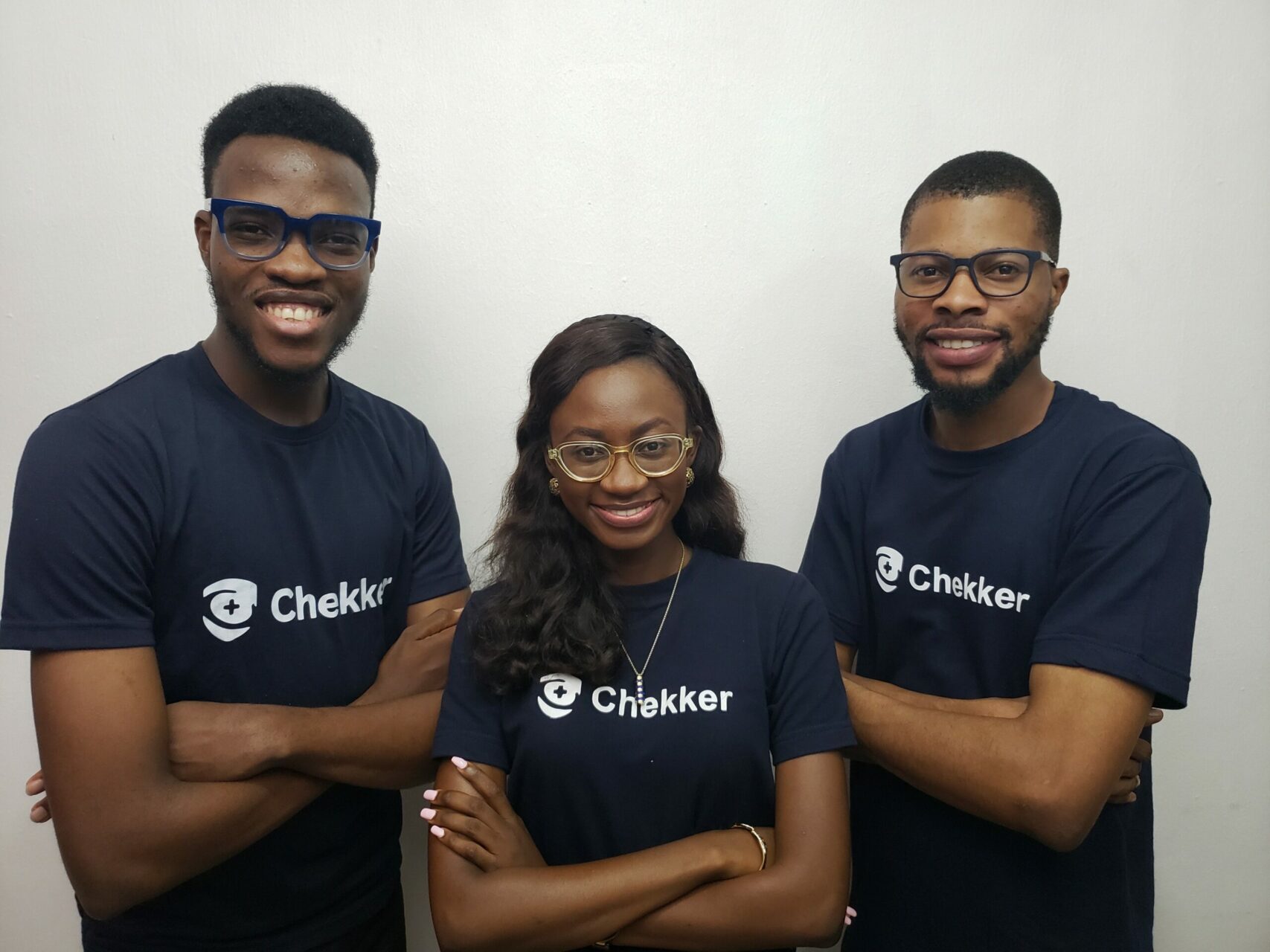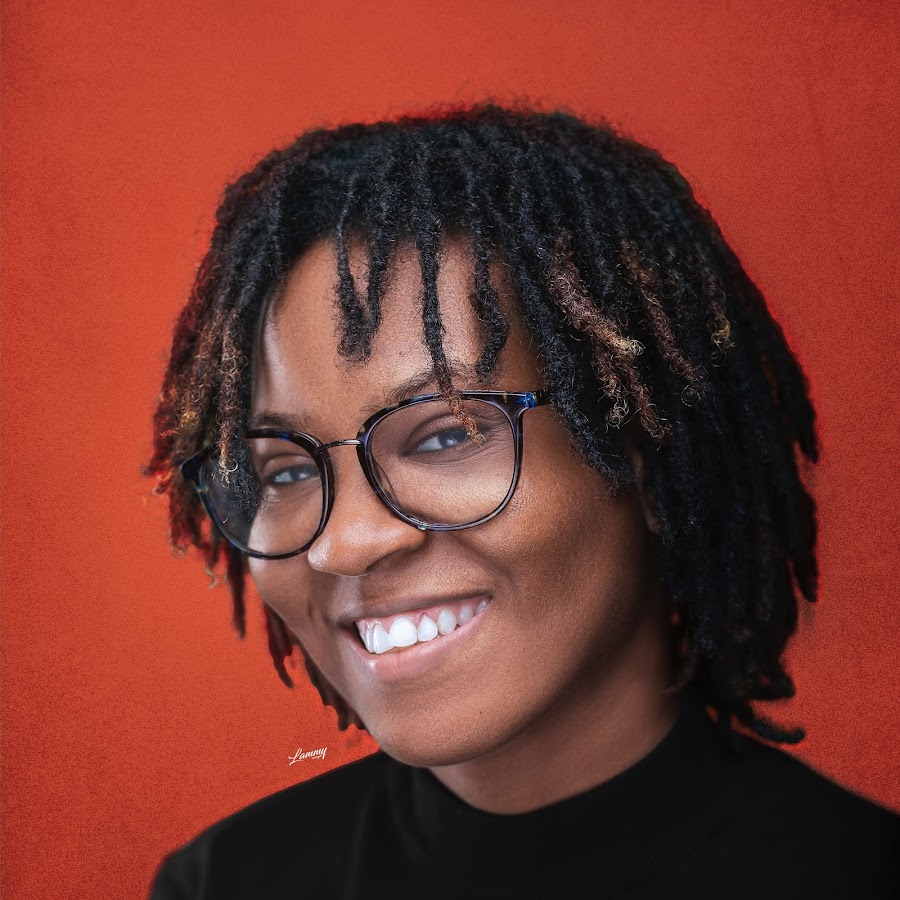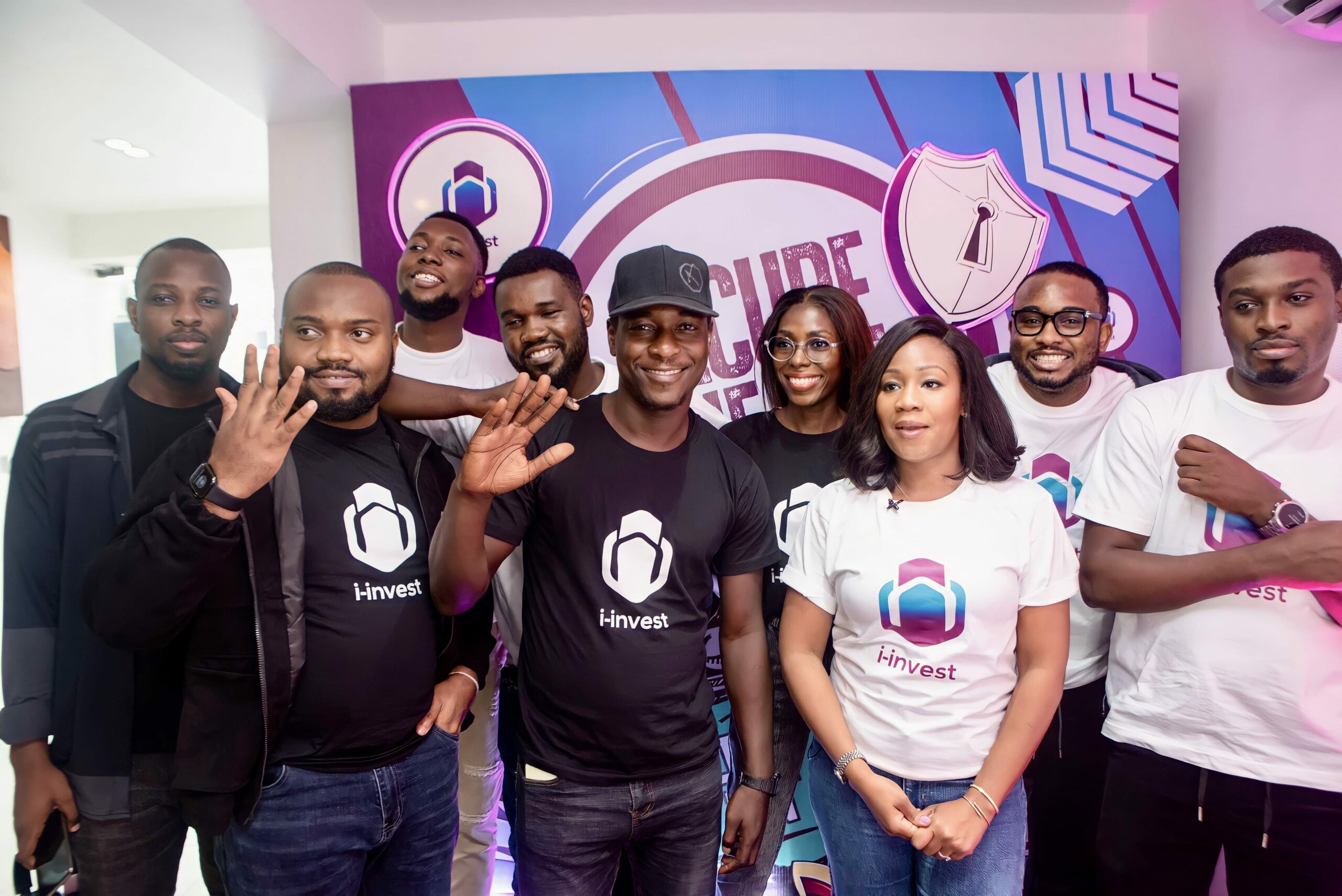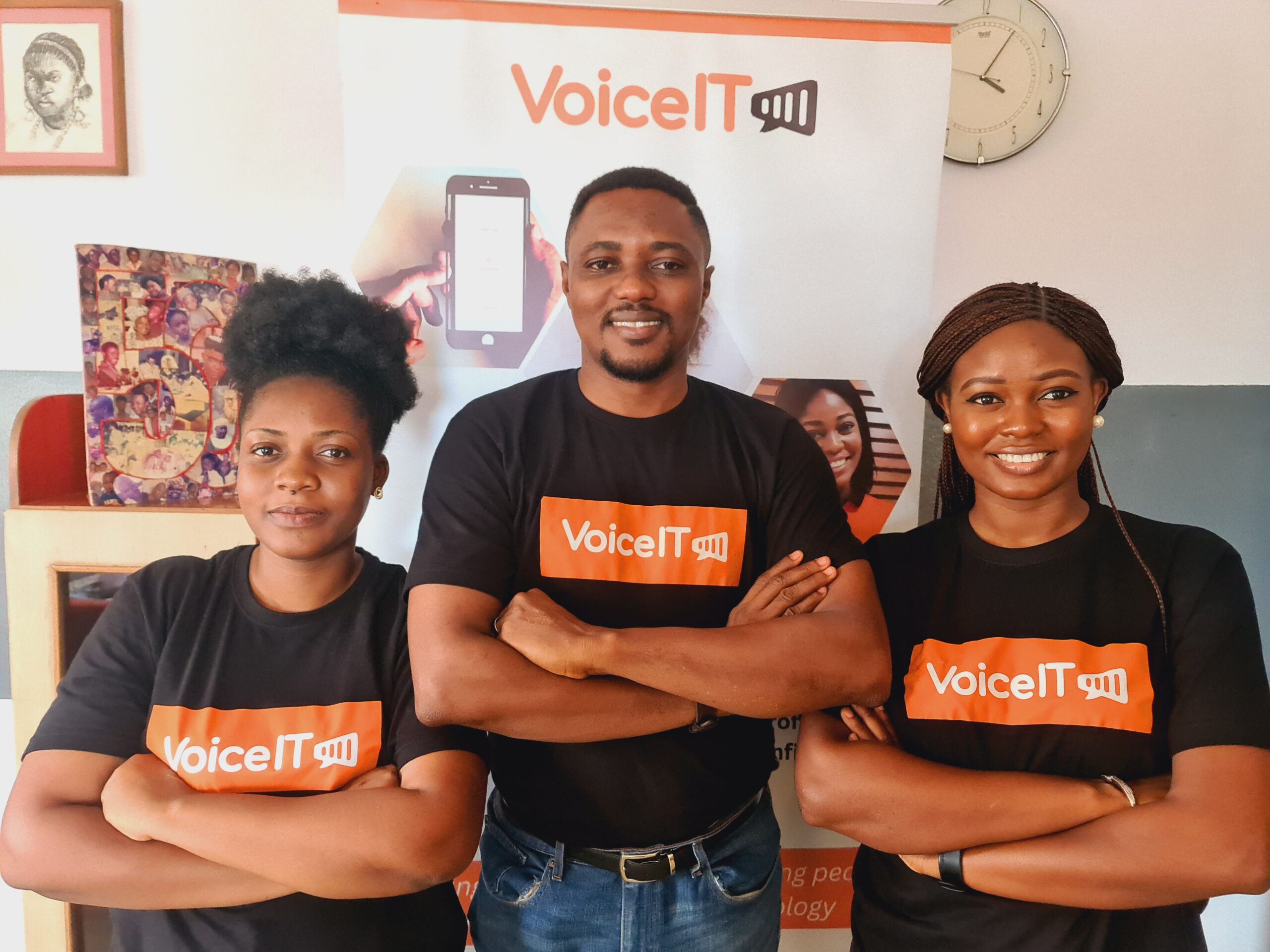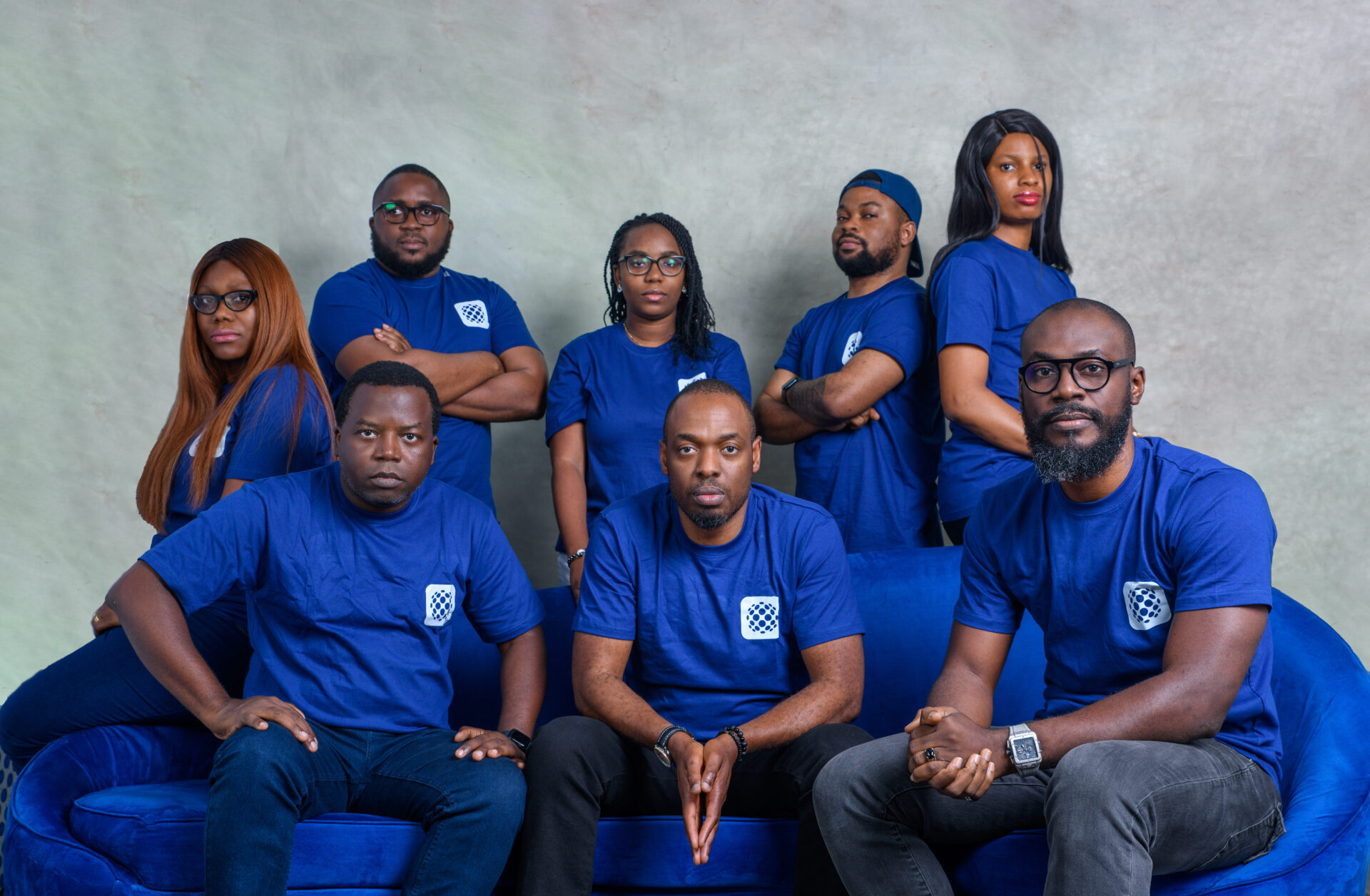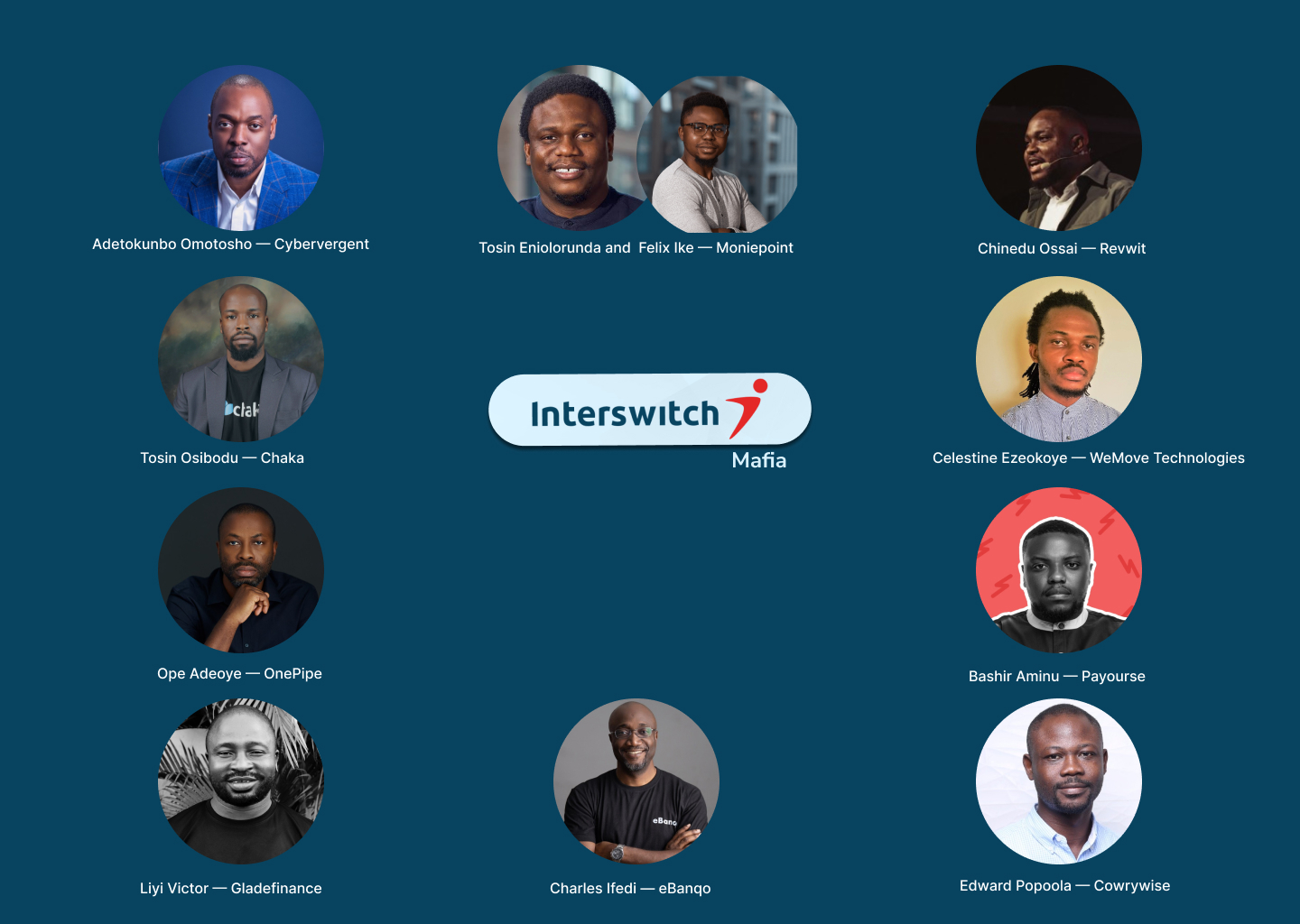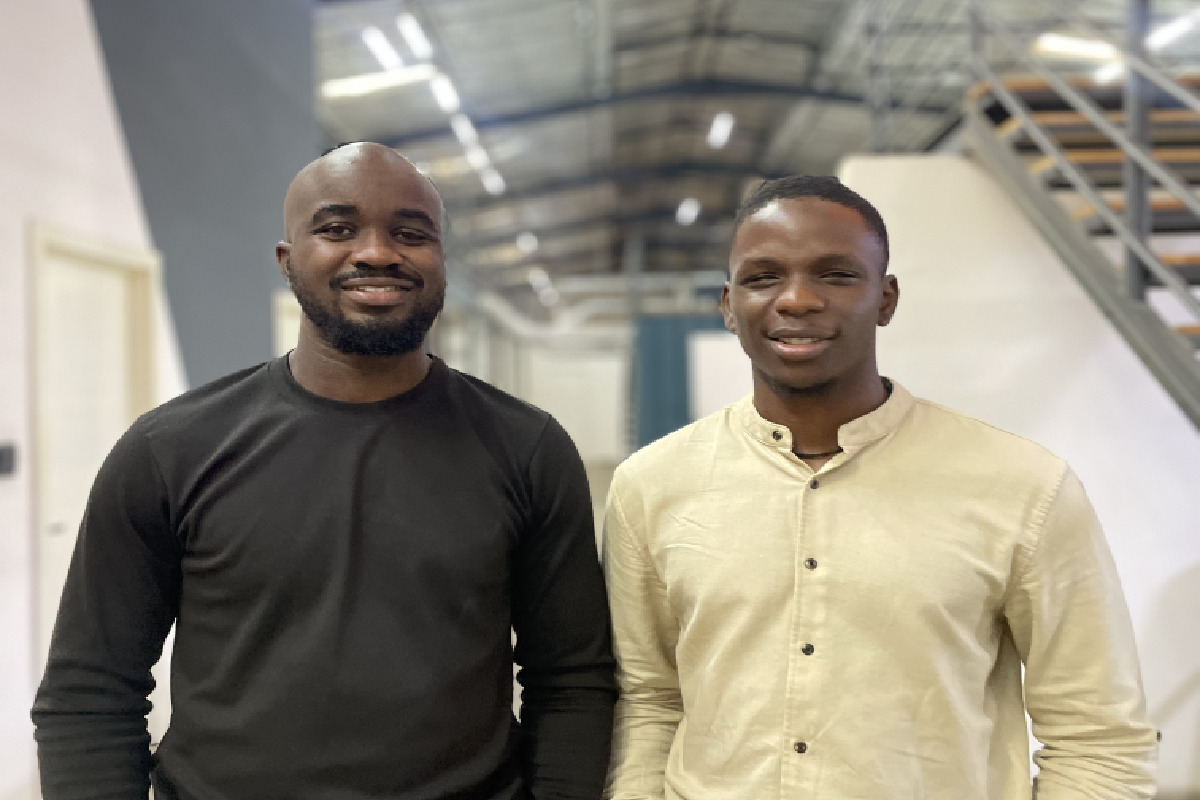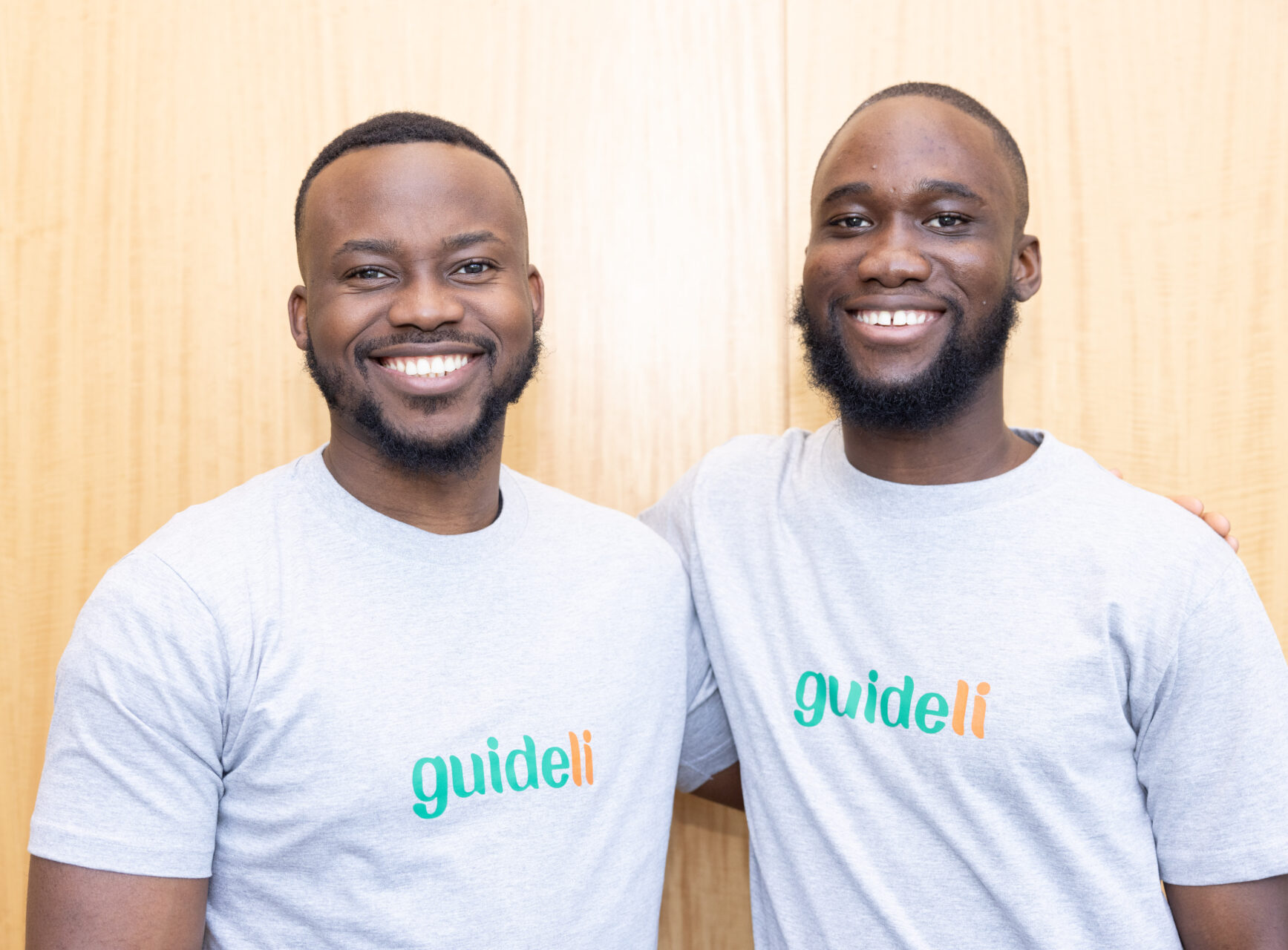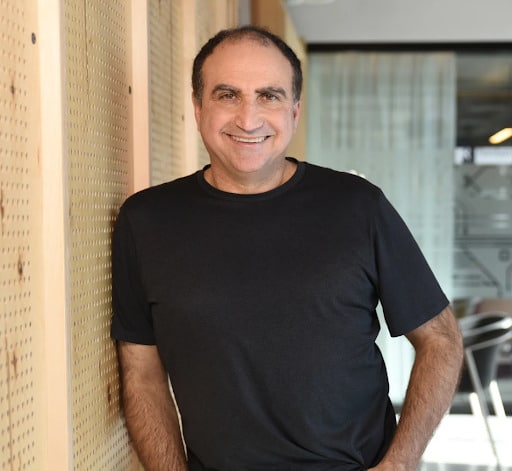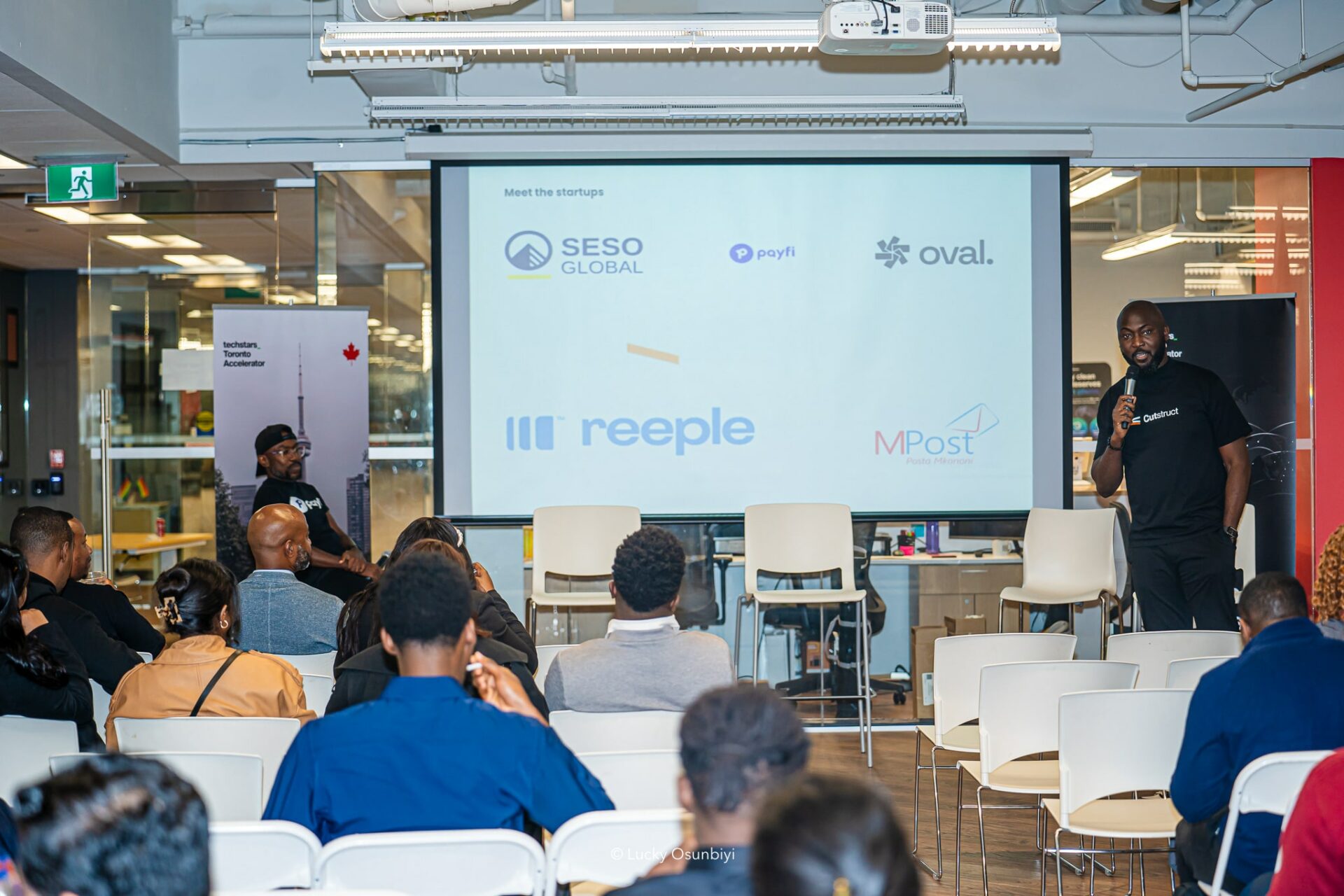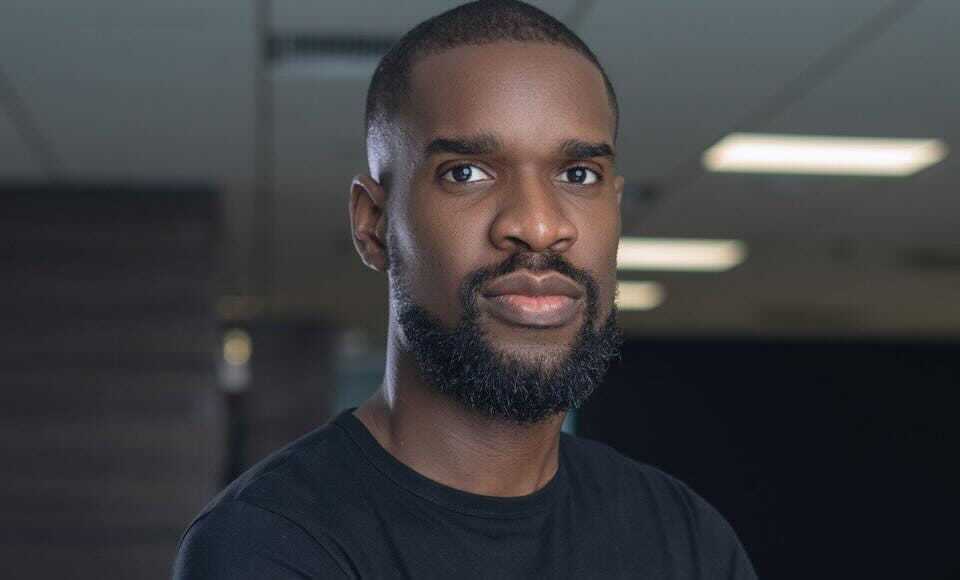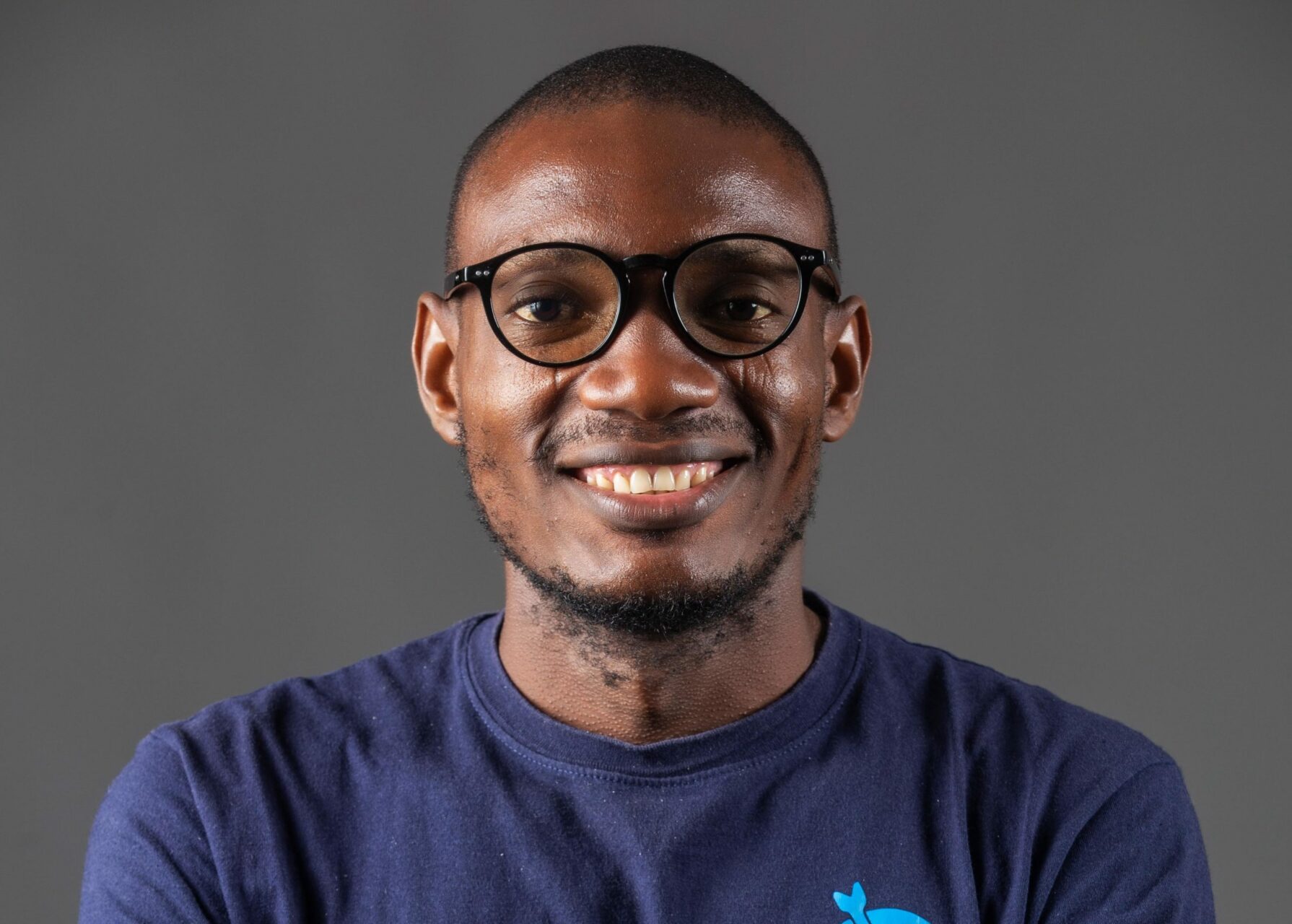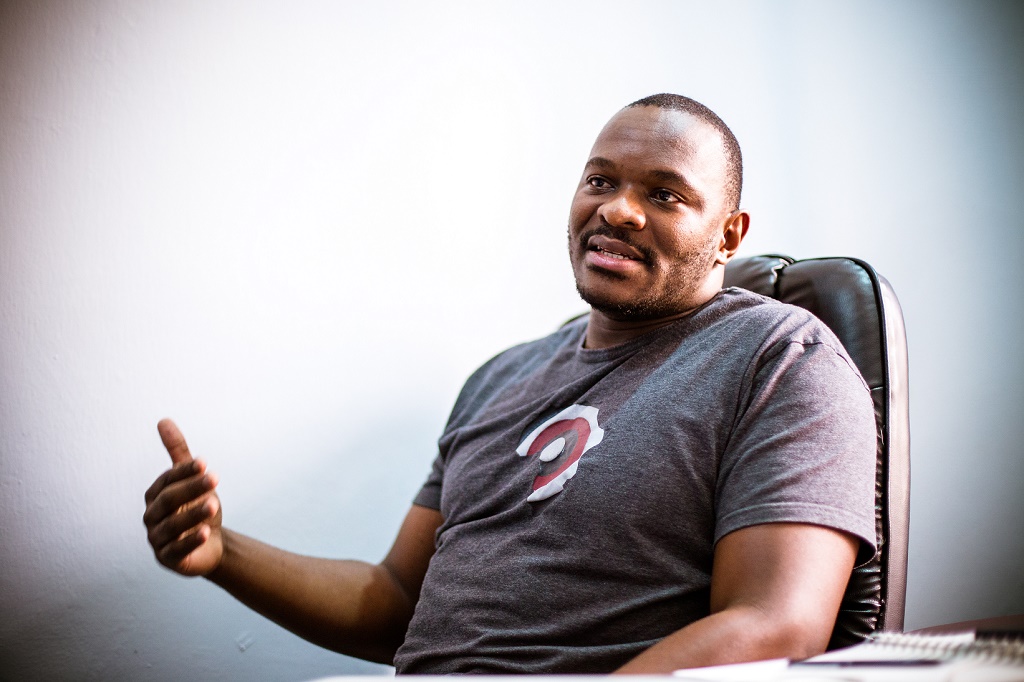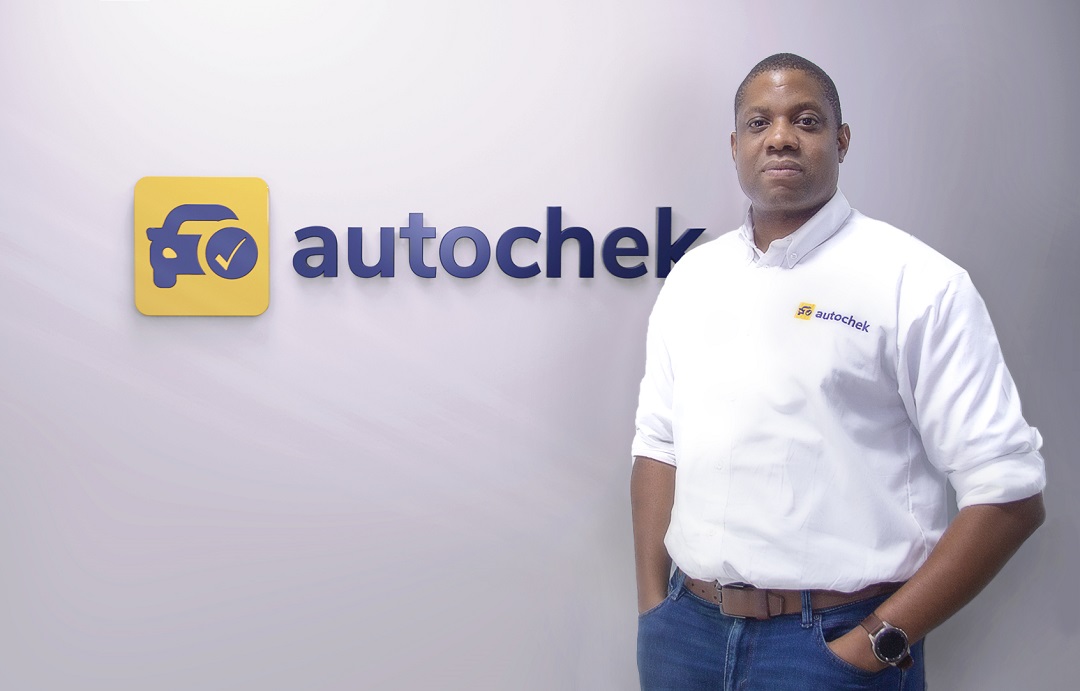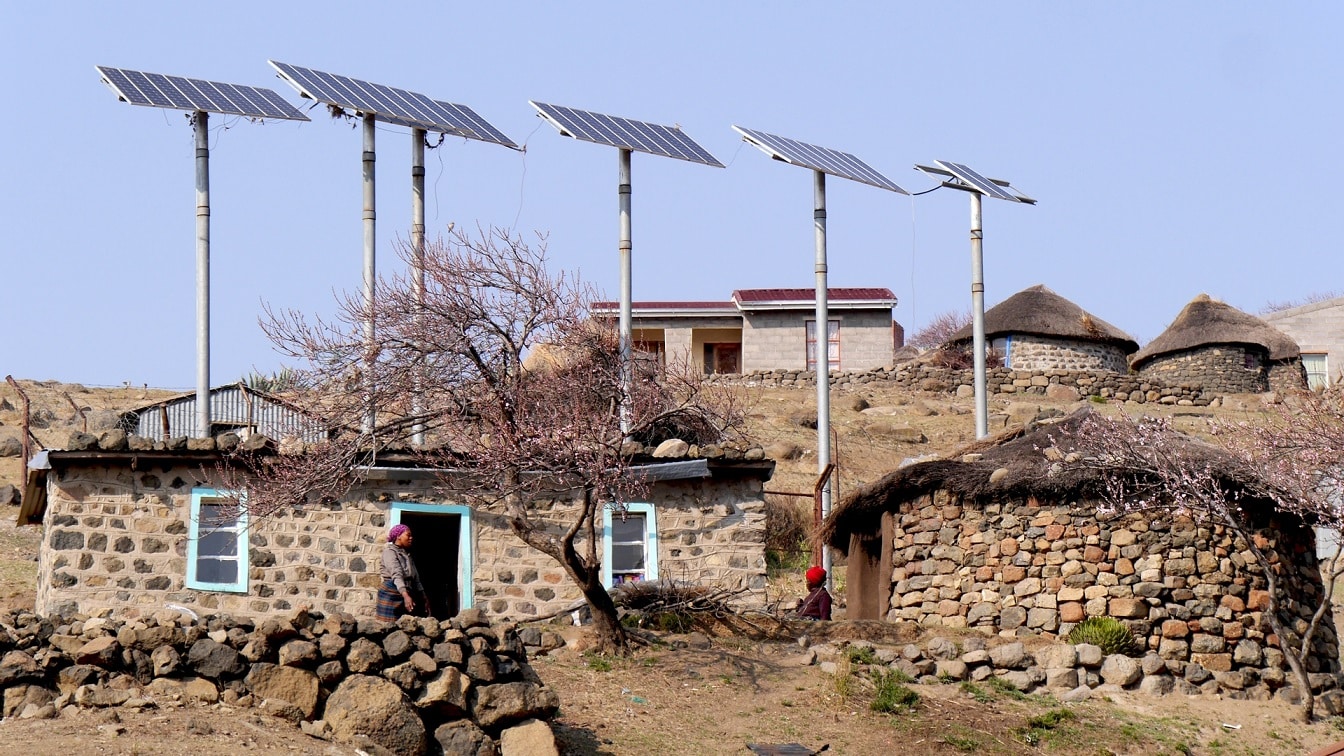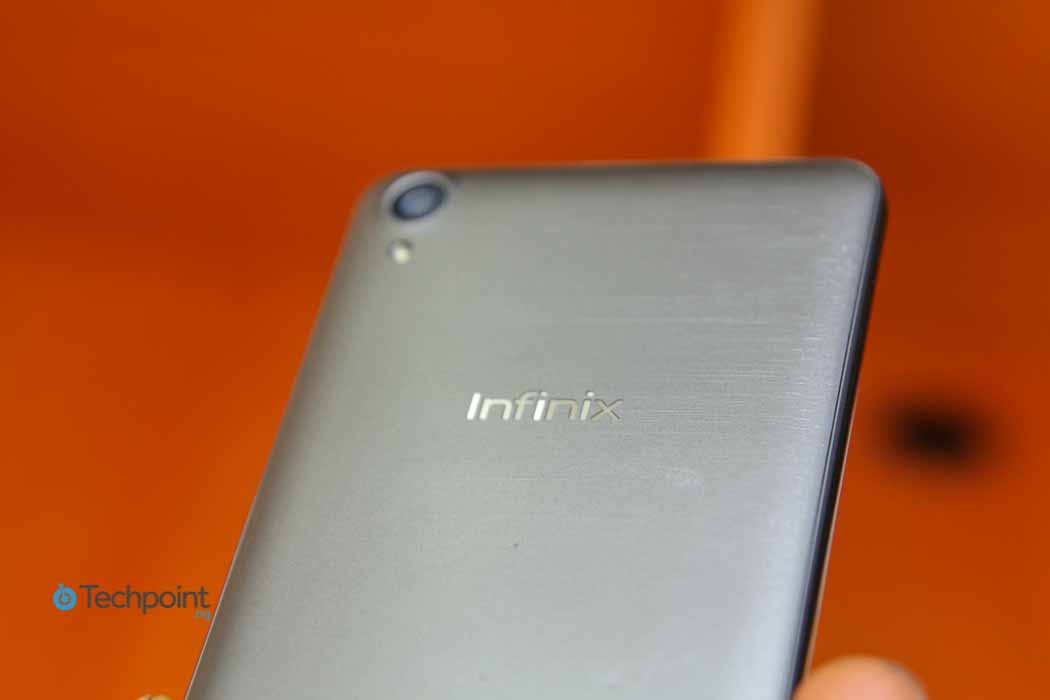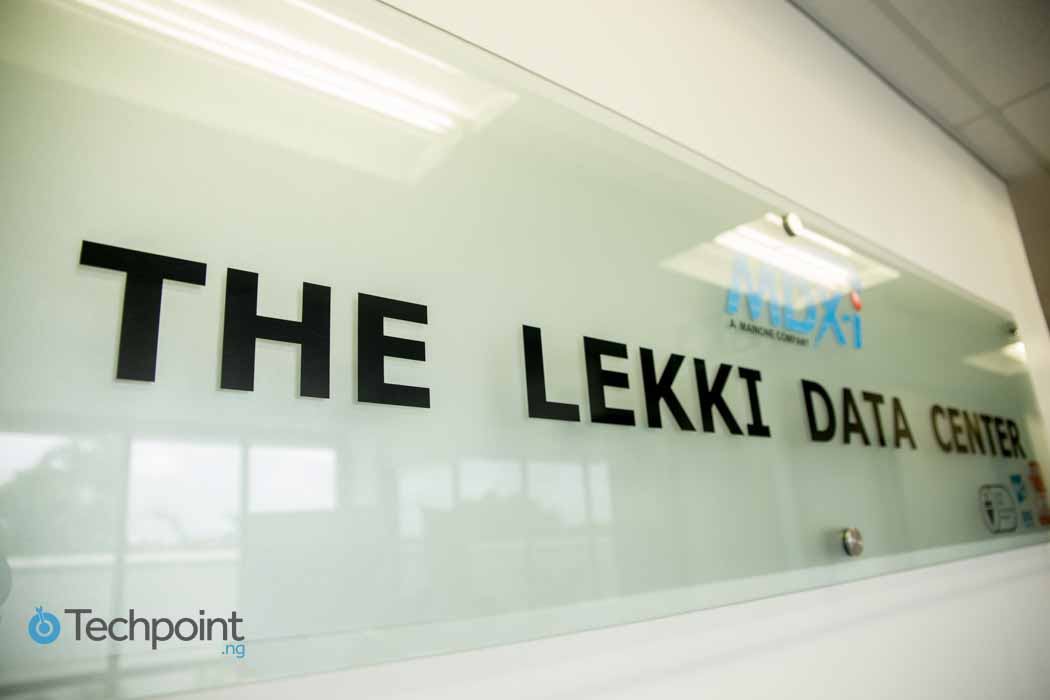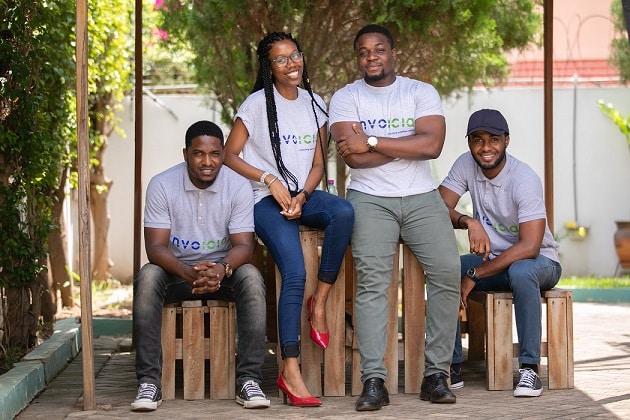Have you ever sought a body checkup at a medical laboratory without a doctor urging you to do so? Even if you have, when did you last do that?
Regular medical checkups assist in identifying health risks, reducing the likelihood of complications, increasing your chances of survival, and understanding your current state of health.
Many people in Nigeria don't go for routine checkups because of poverty and the time and effort required.
However, Chekker, a Nigerian healthtech startup, claims it’s reducing the time between collecting a test sample and analysing the results by making this service available from the comfort of its patients’ homes.
Victor Emaye (CEO), Jesupelumi Adenihun (COO), and Ifedamola Adefisoye (CTO) launched Chekker in May 2022.
Behind every product is a story
Emaye's mother was ill in 2021 but couldn't be admitted when they got to a Lagos-based hospital because of an ongoing health workers' strike.
Consequently, he travelled to Abeokuta, Ogun State, Nigeria, where he discovered that his mother had a stroke. Tests were then run to determine the level of brain damage, if any.
"We had no idea the laboratory challenge was such a big deal. They told us to return to Lagos for a test that we could have done in Abeokuta, which made me wonder why,” Emaye says.
After waiting for some time, he contacted someone at the hospital. Regardless of his connection, he had to wait three more hours.

Be the smartest in the room
Give it a try, you can unsubscribe anytime. Privacy Policy.
At the time, he and Adefisoye were running Medipal, an electronic medical record (EMR) solution for automating hospital processes.
Six months after discovering that accessing laboratories was more difficult than accessing doctors, Medipal pivoted to Chekker.
“Labs are more packed with patients than hospitals. Many hospitals in Nigeria refer patients to the same labs, increasing the number of patients at these facilities,” Emaye mentions.
According to a report, as of 2021, only 7 of Nigeria's 5,349 medical laboratories meet the ISO 15189 international accreditation standards of the International Organization for Standardisation Technical Committee for Medical Laboratories.
ISO 15189:2012 is a global regulatory standard for medical labs that certifies a lab as adhering to quality management systems. Regulators, accreditation bodies, and clients use this standard to confirm or recognise a lab's competence.
Built by qualified and experienced co-founders
Emaye first met Adefisoye when he was in his first year at Adekunle Ajasin University (AAU), Ondo State, Nigeria, nine years ago. The latter studied computer science, and the former economics.
They were members of Enactus, a student organisation that creates entrepreneurial and community-based projects. They had similar interests, so they entered the Delta State Innovation Hub competition together and finished in second place.
They had just built their EMR solution and presented it at the competition when they realised they could collaborate. So, upon graduation, they launched Medipal.
While onboarding several hospitals for their solution, they met Jesupelumi Adenihun, a medical doctor.
Adenihun visited a lab to run a test, but she spent the entire day there with no results. So, when Emaye informed her of his decision to launch Chekker and requested her support, she agreed to join the company.
She has over five years of experience working in hospitals and laboratories in the public and private sectors and for the government and military.
As a full-stack engineer of over ten years, Adefisoye has built several products, including the EMR solution, from the ground up.
Emaye brings business expertise after managing several projects in Nigeria, working with various startups, and facilitating tech programmes in education and business development.
Emaye says he and his co-founders have unique skills which help them democratise and digitise lab access in Nigeria.
How does Chekker work?

Chekker uses technology to speed up the laboratory process. It integrates with laboratories to obtain results promptly, which get to patients in 24 to 72 hours.
“It works just like Uber, but for healthcare. So, you know how Uber works; you want a ride, order it, and the driver visits you, right? That’s how Chekker works,” Emaye says.
Chekker onboards healthcare personnel from various locations and claims to have worked with several who can take samples.
It currently runs in several cities throughout Lagos, covering almost all local government areas.
For example, if you live in Lekki, you don't need to travel to a specific lab to book a test on the company's website because it has some of its workers nearby who can visit within an hour.
The price varies depending on the test package, which may include a full body checkup and the types of tests, some of which may be single.
The company charges ₦3,000 ($6.52) for sample collection. However, if you're having a fertility test, which costs ₦25,000 ($54.31), the sample collection, consultation, and delivery are free.
"So, when it comes to speed of sample pickup and result delivery, we are there. Most of the time, we deliver the same day; however, occasionally, depending on the turnaround time of the test, we deliver within 24 to 72 hours,” Emaye submits.
On Chekker's platform, patients can consult a doctor to interpret their results at no cost.
For example, if a patient isn’t sure what’s wrong, they can speak with a doctor for free support or advice via WhatsApp. They can also fill out the form for a doctor's consultation on the website.
A doctor will call, ask questions about their symptoms and medical history, and prescribe specific tests based on their responses.
Chekker then conducts the tests, interprets them, and writes prescriptions. If they request that it delivers the medications, it does so through its partner pharmacies.
The company also offers Chekker for Doctors for telemedicine companies, allowing them to refer their patients to Chekker for easy lab tests without the patients leaving the comfort of their homes.
Explaining the offering's significance, Emaye says, "When COVID-19 struck, many telemedicine companies emerged. While doctors used these platforms to consult with patients, they referred some to the lab; so, what is digital about healthcare?
“So, once we partner with medical personnel, we have custom dashboards for them to manage their results."
Doctors can also book for their patients and manage the billing to make it easier. Even without a hospital, Chekker says it can assist a doctor in managing their practice.
Doctors can consult with their patients, schedule tests, and prescribe medications using the company's EMR solution that it has integrated with various healthcare partners.
The startup also offers Chekker for Pharmacies, allowing pharmacies to refer patients or their employees to them for medical testing.
"Rather than waiting in line to get a test at a lab, you can schedule a test directly from the closest pharmacy before you conclude that you have malaria, typhoid, or you want to check for an STD," Emaye expounds.
Chekker claims it wants to place a lab in each pharmacy so you can receive holistic care and lessen the need for self-medication.
It also offers Chekker for Businesses, allowing companies to provide healthcare for their employees.
For instance, depending on the package — which varies between ₦5,000 ($10.86) and ₦45,000 ($97.76) — a staff member can check their sugar and blood pressure annually.
Small companies can access year-long consultations. The startup also visits such companies twice yearly to conduct various tests on their employees.
Thriving in an unstable economy
Although Healthtracka, a Nigerian healthtech startup, is its main rival in the country, Chekker claims it stands out because it employs people almost everywhere in Lagos and offers tests like radiology that its competitor does not.
Patients visit their partner labs for radiology tests, but the company says they don’t stand in line.
“Our agreement with the labs is that our patients don't wait, so even if you make an appointment directly with them, you don't join the queue. So, once you book a test, you walk into the facility, get your test done, and leave,” Emaye reveals.
Chekker takes commissions on every test. The company has performed over 3,000 tests for more than 1,300 patients since its launch. It also claims that about 70% of its customers use its service regularly.
Price, though, remains the startup's biggest challenge.
“The way the country is now, labs can just change their pricing, and since we work with different labs, we need to stick to one price,” Emaye says.
So, Chekker says it makes an effort to keep costs reasonable for customers, something it does through negotiations.
Another challenge is funding. Currently funded by angels, Chekker is looking to raise its pre-seed round.
For a company that started with a five-person team, it now has a staff of 11 and several healthcare workers. Emaye asserts that they are excellent, goal-oriented, and results-driven.
Chekker plans to expand into Abuja and is currently hiring healthcare workers, for whom it has an app where they receive orders.
Asked why it's looking to enter Francophone Africa, Emaye says, "Francophone Africa is big on community medicine and is highly dependent on their pharmacies for healthcare.”
He also claims that the service is not available in the region. Chekker will seek partnerships with companies that can assist it in entering these markets.
Per Chekker, its offerings are affordable in low-income areas. Besides, it plans to invest in medical technologies to bring point-of-care solutions to people in rural communities.

